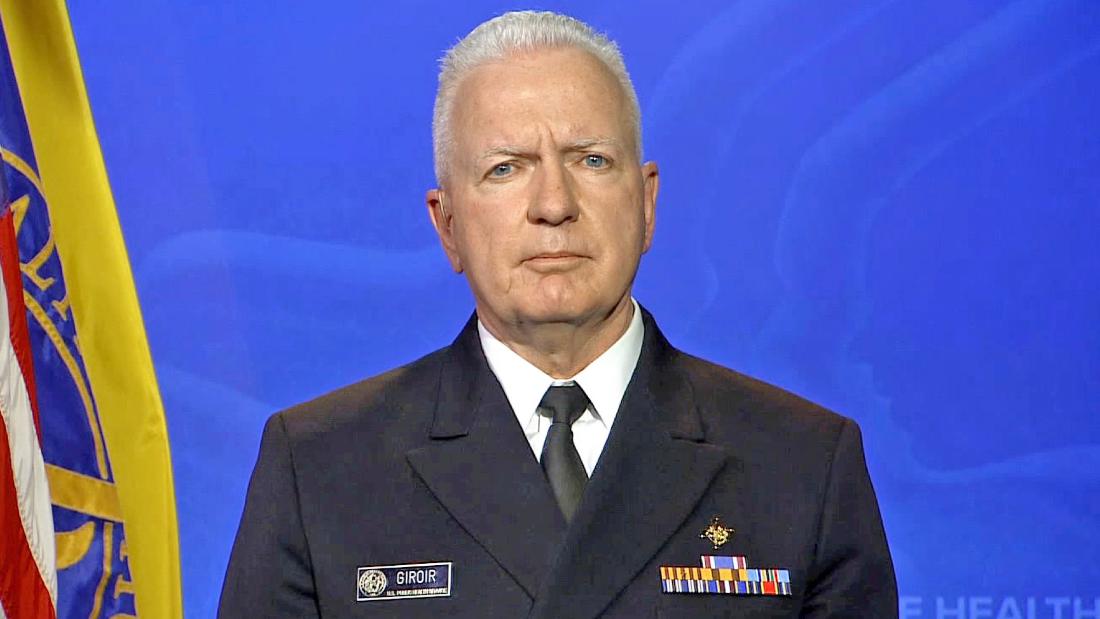“Of course we need to do a better job, but all vaccine programs start out a little slow,” Giroir told CNN Jake Tapper, adding that he expects distribution to increase soon and that the United States is on track to distribute 20 million vaccine doses in the first week of January.
“I know that we will distribute around 30 million more in January and potentially up to 50 million more in February,” he said.
The federal government’s Operation Warp Speed promised that 20 million doses would be administered before January 1, with Health and Human Services Secretary Alex Azar saying on CNN’s “New Day” on December 9 that “20 million people should be vaccinated in the coming weeks only. ”
However, the numbers are nowhere near that yet. More than 2.6 million people received their first dose, according to Dr. Nancy Messonnier, director of the CDC’s National Center for Immunization and Respiratory Diseases, at a news conference on Wednesday, and just over 14 million doses were distributed, according to Gustave Perna, chief of operations for Operation Warp Speed, also at a meeting on Wednesday.
President Donald Trump has largely passed responsibility for states to distribute vaccines, blaming them on Wednesday for the slower than ideal pace.
Giroir said on Wednesday that, as pharmacies begin to play a more important role in administering the vaccine, he expects the pace of vaccinations to accelerate.
“We have a federal contract with 40,000 pharmacies – 60% of all pharmacies in the United States – to supply vaccines,” said Giroir. “The scale will increase very quickly as things progress and evolve.”
“Vaccines on the shelves are not good,” he added. “They need to be in people’s arms and we are not leaving stone unturned to do this.”
The president-elect outlined a plan to distribute 100 million vaccines, which is sufficient to cover 50 million people in his first 100 days in office. He reiterated on Tuesday that Congress would need to provide the necessary funding to achieve that goal.
CNN’s Naomi Thomas, Kristen Holmes, Arlette Saenz, Betsy Klein and Kate Sullivan contributed to this report.
